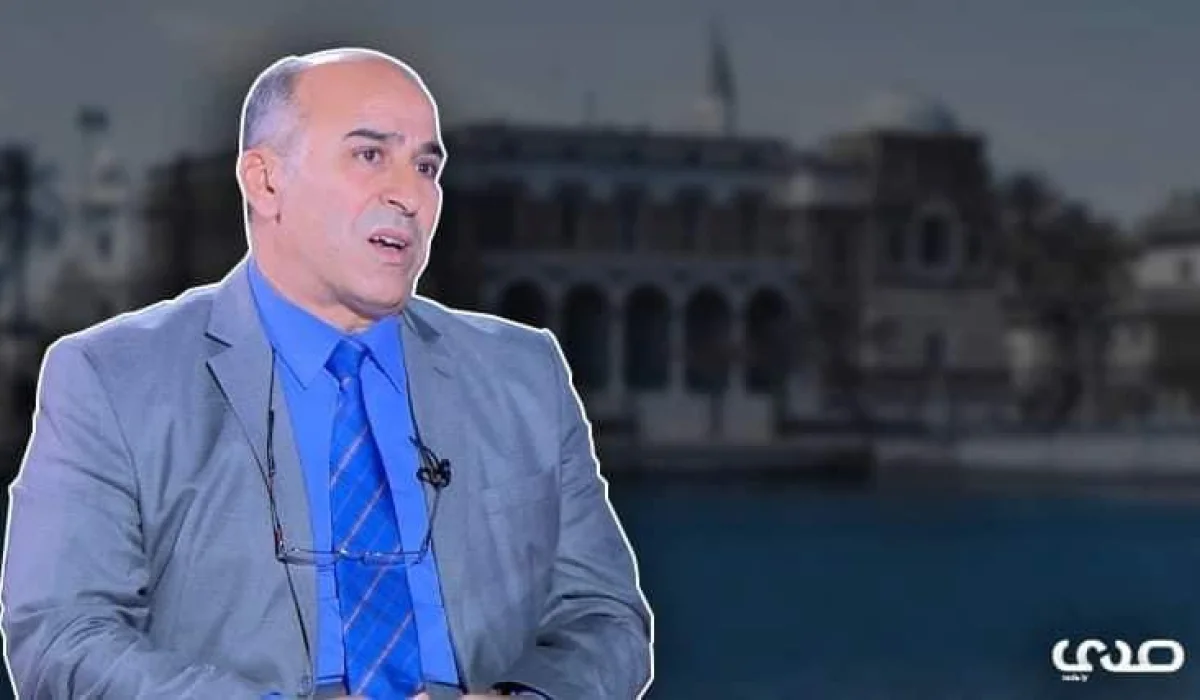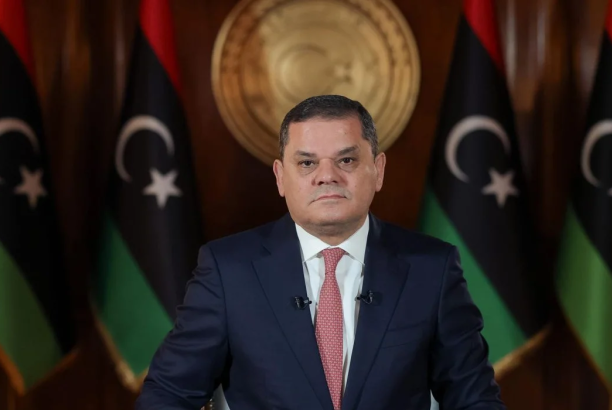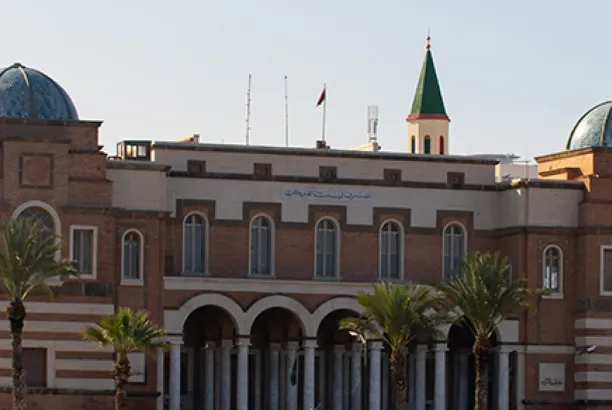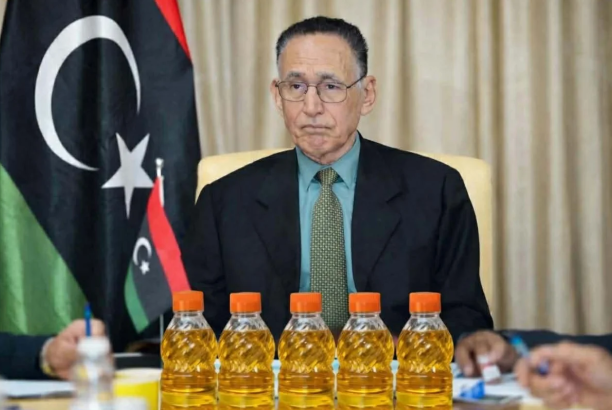Economic expert Misbah Al-Akari raised questions in a post on his official page regarding the recent increase in the exchange rate, asking whether it has legitimate justifications. He explained that exchange rate hikes typically occur when there is a decrease in the supply of foreign currencies, complex restrictions on accessing foreign currency, political turmoil, or the shutdown of oil fields. However, he emphasized that none of these conditions currently apply.
Al-Akari also questioned whether the Central Bank has the tools to intervene and curb the currency’s depreciation. He affirmed that it does, noting that central banks monitor exchange rates and determine when to intervene to prevent currency weakening. This can involve purchasing large amounts of domestic currency by selling foreign reserves or reassessing exchange rates.
He elaborated on the Libyan context, referencing state reserves, which, according to Audit Bureau reports, amount to over $80 billion. This equates to LYD 455 billion. The current demand for foreign currencies is LYD 170 billion, equivalent to $29.8 billion or 37% of foreign reserves. In most countries, monetary policy tools, particularly interest rates, are used to manage high money supply and ease pressure on foreign currency demand. However, in Libya, this tool is not utilized.
Al-Akari highlighted that the new Central Bank management has adopted measures such as an Islamic finance product called “absolute mudaraba.” This initiative aims to employ surplus funds from commercial banks at the Central Bank, aligning with depositor funds in commercial banks. This measure is expected to absorb a portion of the money supply, reducing pressure on foreign reserves.
He added that developments point to a resolution of barter issues, likely boosting oil revenues as crude prices rise to $80 per barrel.
Al-Akari concluded by noting the growth in oil production, relative security stability, and active reconstruction efforts. He also highlighted upcoming Central Bank decisions, including improved foreign exchange services, payroll withdrawals through electronic payment systems at 60% of salary value, and clarified that he does not believe the dollar’s exchange rate will continue to rise.






